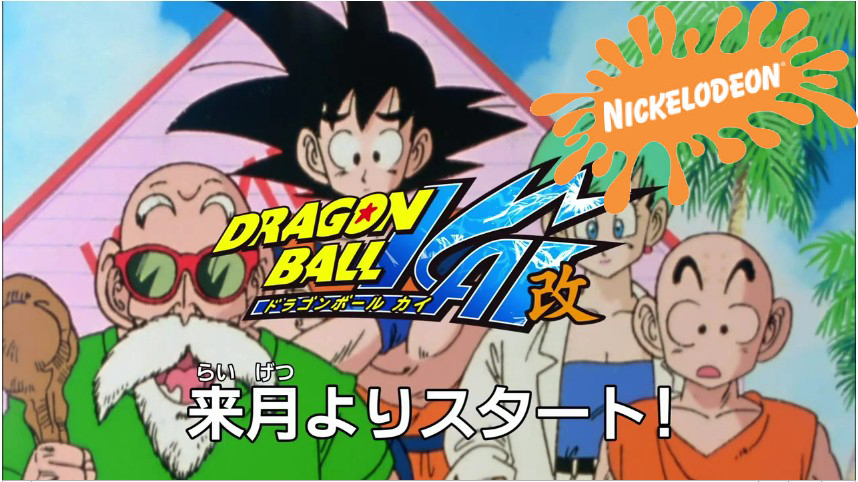

Its reception was so negative that Toei ended the distribution on their own accord, and left the Cell Saga unfinished. This was appreciated by the Spanish fandom, but it only did so much to dissuade their anger over most of the beloved original cast being replaced-and with voice actors who sounded more like the English dub cast than the original Spanish dub cast of DBZ.īecause of all these factors, Dragon Ball Z Kai received very harsh criticism, and was widely rejected and boycotted by the fans. Furthermore, the Spanish dub's scripts were adapted from the English dialogue heard in the Nicktoons version rather than the original Japanese dialogue, in effect making the Spanish dub of Dragon Ball Z Kai a "dub of a dub." The director of the dub, Irwin Daayán, decided to use the names and pronunciations of the Spanish dub of Dragon Ball Z whenever possible (so Piccolo was still called "Piccoro," and "Spirit Bomb" was still called "Genki-Dama," for example). Since this dub was based on the censored Nicktoons airing of FUNimation's English dub, the Spanish dub inherited all of the visual and audio edits of that dub (even including the English episode title cards). As a result, most of the cast had to be replaced.

Gerardo Reyero ( Frieza) also did not return, claiming that he was undergoing personal issues at the time. Gero), Sergio Bonilla ( Future Trunks), Jesús Colín ( Master Roshi) (the former two had retired from dubbing and Colín died a month after the series' premiere), and the latter was never able to be contacted). This was also true for José Luis Castañeda ( Nappa and Dr. This resulted in Candiani failing to come to a pay agreement with original voices of Dragon Ball Z, which included Mario Castañeda ( Goku), Carlos Segundo ( Piccolo), René García ( Vegeta), Laura Torres ( Gohan), and Ricardo Hill ( King Kai), who therefore did not reprise their respective roles. This was different from the more lucrative "per-episode" rate structure that Cloverway paid the dub cast for the Cloverway dub. As the result of a reduced budget compared to the Cloverway dub of Dragon Ball Z, Candiani was forced to pay their voice actors on a "per-loop" (with a "loop" meaning the typical group of 1-3 sentences at a time that an actor would dub) basis. But instead of using the original Japanese version, Toei provided the Nicktoons-censored, English-dubbed version to Candiani. This dub was produced by Candiani Dubbing Studios. for Latin America, and the dub for it was broadcast on Cartoon Network and Televisia.
Nicktoons dragon ball z kai series#
in the United States, all licenses of series produced by Toei and that Cloverway was responsible for distribution, were transferred to the new subsidiary of Toei Animation for the continent.ĭragon Ball Z Kai was licensed in 2010 by Toei Animation Inc. In 2005, after the arrival of Toei Animation Inc. Dragon Ball, Dragon Ball Z, and Dragon Ball GT became extremely popular throughout Latin America, and the Spanish dubs for them were extremely well-received, with the dub casts becoming legends within the anime and voice acting community. This meant Cloverway would produce redubbing of Dragon Ball and dubbing the rest of the series, including the dubbing of the following series ( Dragon Ball Z and Dragon Ball GT).
Nicktoons dragon ball z kai license#
Because of this, in order to not make the same mistake again, and in the interest of producing dubs for the Dragon Ball series that were on par with the Spanish dub of Saint Seiya (considered one of the best Spanish dubs of its time) produced by Cloverway Inc., Bandai decided to transfer license of the Dragon Ball anime series to Cloverway. This first attempt to commercialize Dragon Ball in Latin America was a failure.

Initially, it was licensed and distributed by Bandai. Zero y el Dragón Mágico was the first Dragon Ball meta series to arrive in Latin America.



 0 kommentar(er)
0 kommentar(er)
